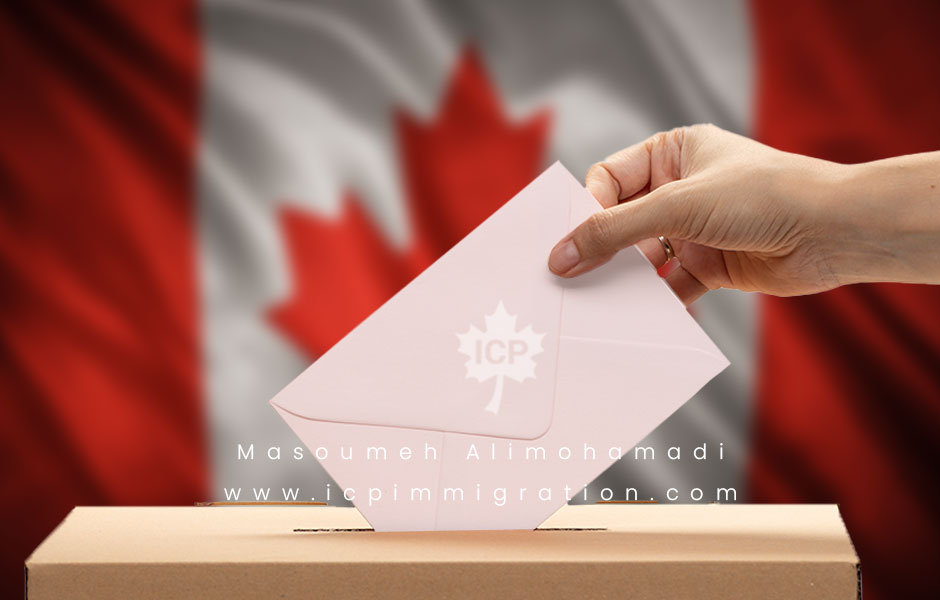On September 20, 2021, Canada will hold a federal election. Anyone who is a Canadian citizen and age 18 or over on election day can run or vote for the House of Commons.
This is one of the few privileges that citizens enjoy but that permanent residents (PRs) do not. However, PRs who cannot vote can still participate in other ways, such as volunteering with campaigns.
How do Canadians vote?
The vote is by secret ballot. Canadians can vote for one candidate in their riding, and the candidate who gets the most votes becomes the Member of Parliament (MP). They do not vote directly for the Prime Minister.
The make-up of Parliament will determine who wins the election. Almost always, the party with the most seats forms the government, and its leader becomes the Prime Minister.
Canada is divided into different electoral districts called “ridings.” Each province or territory has at least one riding. The average riding has about 75,000 people who can vote, known as electors. The greater a province’s population, the more ridings it will have.
In the 2021 federal election, there are 338 ridings.
If one party wins more than half of all seats, they have a majority in Parliament. The result is that they can govern without support from any other party. If no single party wins a majority of the seats, then the government will be a minority government. In this case, the largest party will usually form a formal or informal coalition with one or more smaller parties. The parties will negotiate and make deals. For example, the larger party may agree to adopt some of the smaller party’s policies or include some members of the smaller party in the Cabinet. The smaller party will then support the larger party by either voting for it or abstaining, which means voting neither for nor against it.
Even a minority parliament usually produces a government.
How often do elections occur?
Federal law states that a parliament can hold an election at least every four years. There are also other ways they can occur.
The Prime Minister may ask the governor general to dissolve Parliament and call an election. This is what Justin Trudeau did earlier this month.
The Parliament may also decide that it has lost confidence in the government. In Canada, the vote on the annual federal budget is considered a vote of confidence. If the government loses a confidence vote, the Parliament is dissolved and an election occurs. The 2011 Federal Election resulted from the Conservative Government losing a confidence vote, though not one on a budget. Ironically, this contest resulted in the Conservatives being re-elected and forming a majority government.




